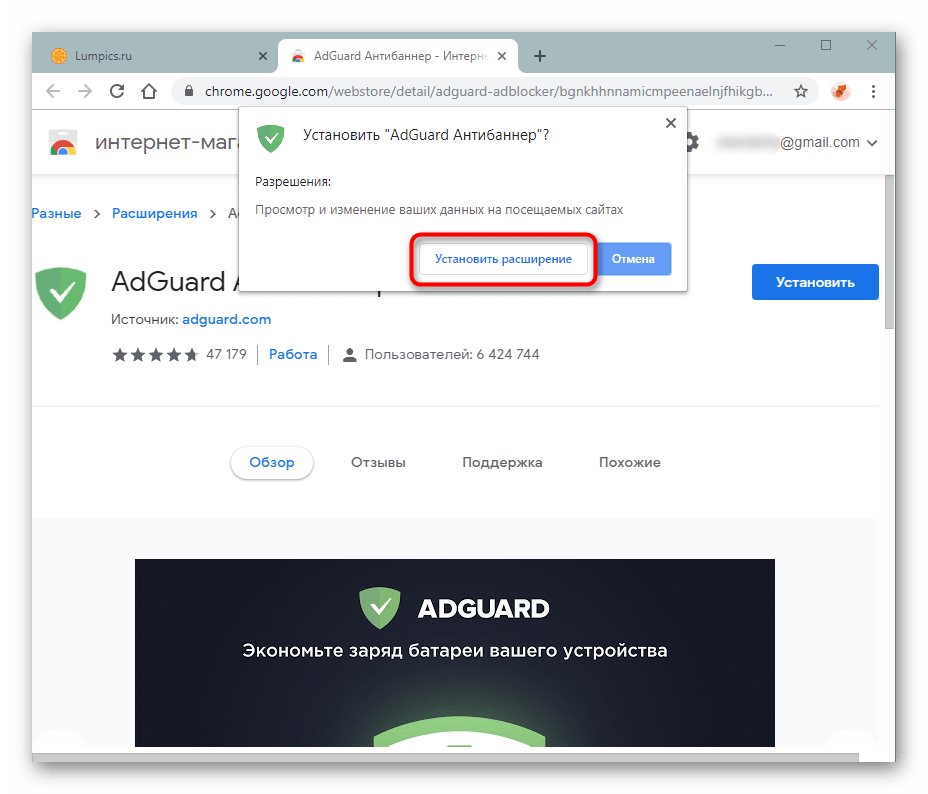

Do not install it if you don't trust the author. Check who is the author of this extension. "If you want to install an extension, think twice. "Surfing through the Chrome's Web Store is like walking through a minefield," AdGuard wrote in its analysis. Once downloaded, hackers could also exploit it to force a victim's Chrome browser to "do whatever the command center server owner orders it to do." It was described as a "botnet of browsers" infected with the fake extensions. Researchers who analyzed the AdRemover tool concluded that the code inside the app could be used to leak "information about some of the websites you visit." The software reported by AdGuard has now been removed. In total, there were five suspicious applications flagged to Google: AdRemover for Google Chrome (10 million users), uBlock Plus (8 million users), Adblock Pro (2 million users), HD for YouTube (400,000 users) and Webutation (30 million users). The booby-trapped ad blockers were seemingly able to rise to the top of the search results via keywords embedded into the uploads, it found. The victims were duped into downloading the fraudulent software after it was hosted on the Chrome Web Store, according to research published on Tuesday by AdGuard. But experts warned this week that fake "clones" were recently able to sneak past Google's security, putting more than 20 million Chrome users at risk of hacking. Ad blocking tools are installed by hundreds of millions of internet users to fend off intrusive marketing, stay secure and prevent unwanted disruptions.


 0 kommentar(er)
0 kommentar(er)
